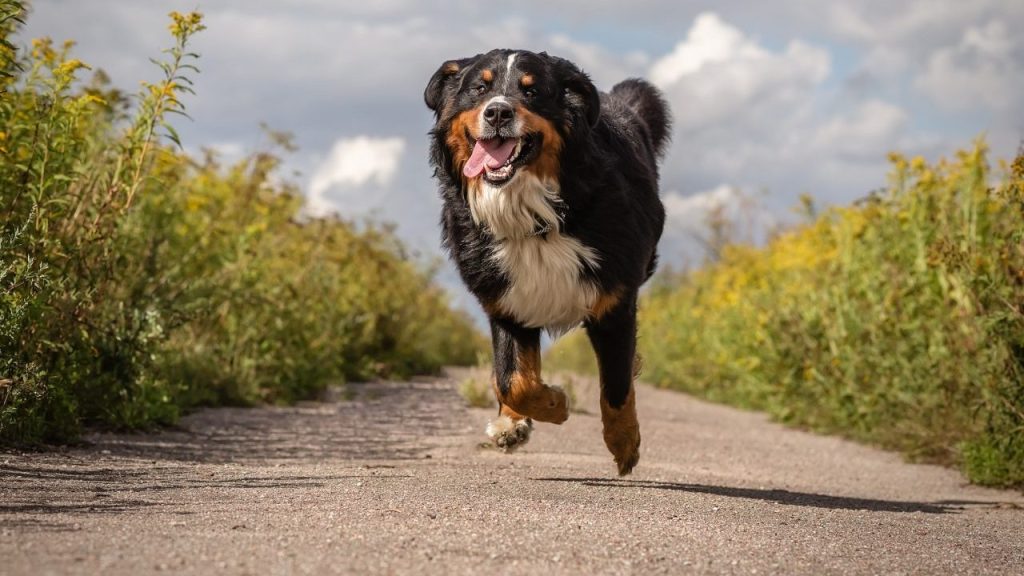Encountering an off-leash dog can be a stressful situation, especially if you’re unsure of the dog’s intentions or temperament. Whether you’re out for a walk, jogging, or simply enjoying some time outdoors, it’s important to be prepared for such encounters. We’ll provide you with practical tips on how to handle the situation if an off-leash dog approaches you. By following…









